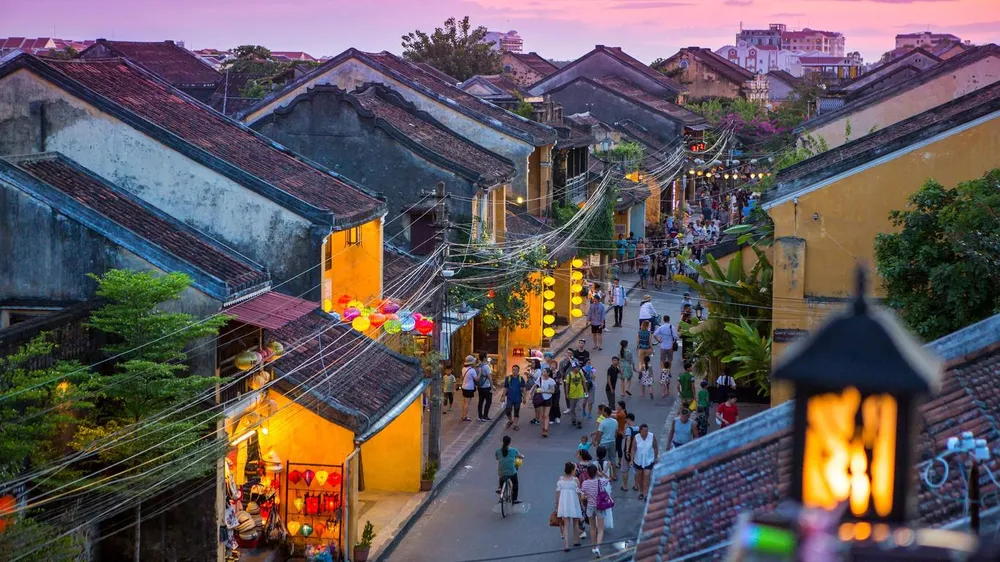
According to Booking.com’s Travel and Sustainability 2025 report, up to 41% of Vietnamese travelers believe that reducing plastic waste is the most essential action in the journey towards sustainable tourism. Notably, this rate has increased sharply compared to 2024, when saving energy is also a top priority (56%).
Responding to the “Plastic Free July” campaign, the report shows a clear shift in Vietnamese people’s awareness and travel behavior. In 2025, the trend of recycling and limiting the use of disposable items will dominate, with 58% of survey participants choosing this as the top criteria when traveling.
In addition, 62% of travelers rated sustainability as a deciding factor when choosing a destination, and 90% wanted to take more environmentally friendly trips in the next 12 months. According to the survey, 46% identified waste and pollution from tourism as a major challenge for localities, while 56% expected more effective waste management solutions.
The green living trend has created many positive changes: 83% of tourists want to leave a positive impact after each trip; 69% are concerned about the impact of tourism on local communities ; 26% include sustainable development in their vacation selection criteria.
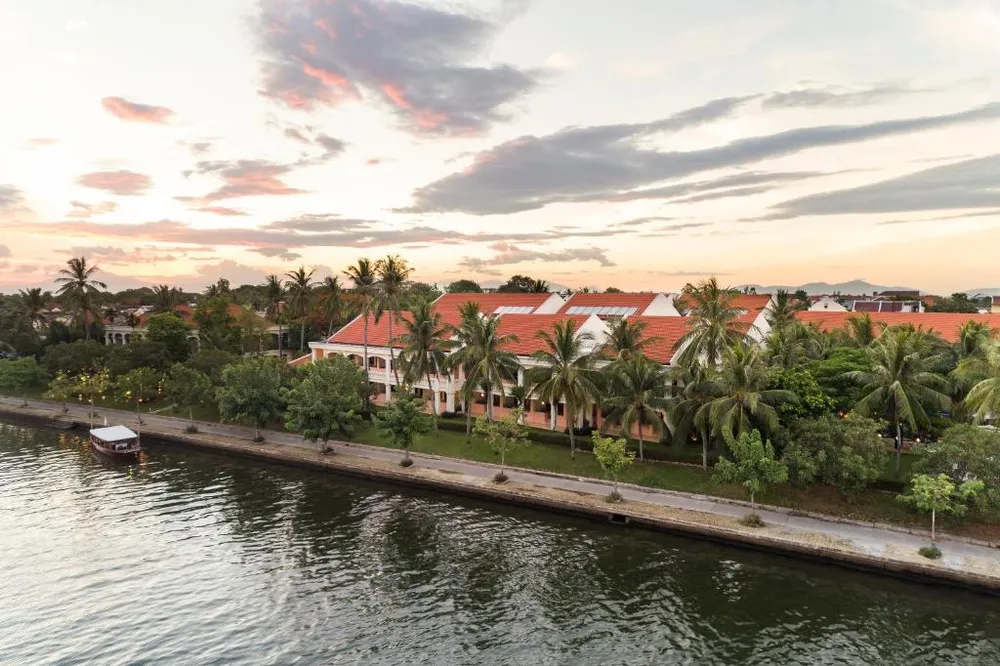
In Vietnam, Hoi An is one of the world's leading destinations for zero-plastic-waste tourism, according to Booking.com. The ancient city stands out not only for its unique cultural heritage but also for its pioneering efforts in protecting the environment. Notably, Cu Lao Cham, a UNESCO-recognized world biosphere reserve, has completely banned plastic bags since 2009. The local community and businesses in Hoi An are now actively using natural materials and reusable products, contributing to spreading the message of green living.
Along with Hoi An, many international destinations are also aiming for zero-waste tourism models such as: Paros (Greece) with the “Clean Blue Paros” program; San Pedro La Laguna (Guatemala) – the first town to completely ban single-use plastics; Tofino (Canada) – a city that meets plastic reduction standards; El Nido (Philippines) – a pioneer in the Global Plastic-Free Tourism Initiative; Ischia (Italy) – banning straws and plastic plates and applying a packaging reuse system.
“Green” choices are increasingly becoming mandatory criteria, showing that sustainable tourism is not just a trend, but a long-term commitment towards a responsible tourism industry, for the environment and the community.
Source: https://www.sggp.org.vn/41-du-khach-viet-uu-tien-du-lich-khong-rac-thai-nhua-post803493.html








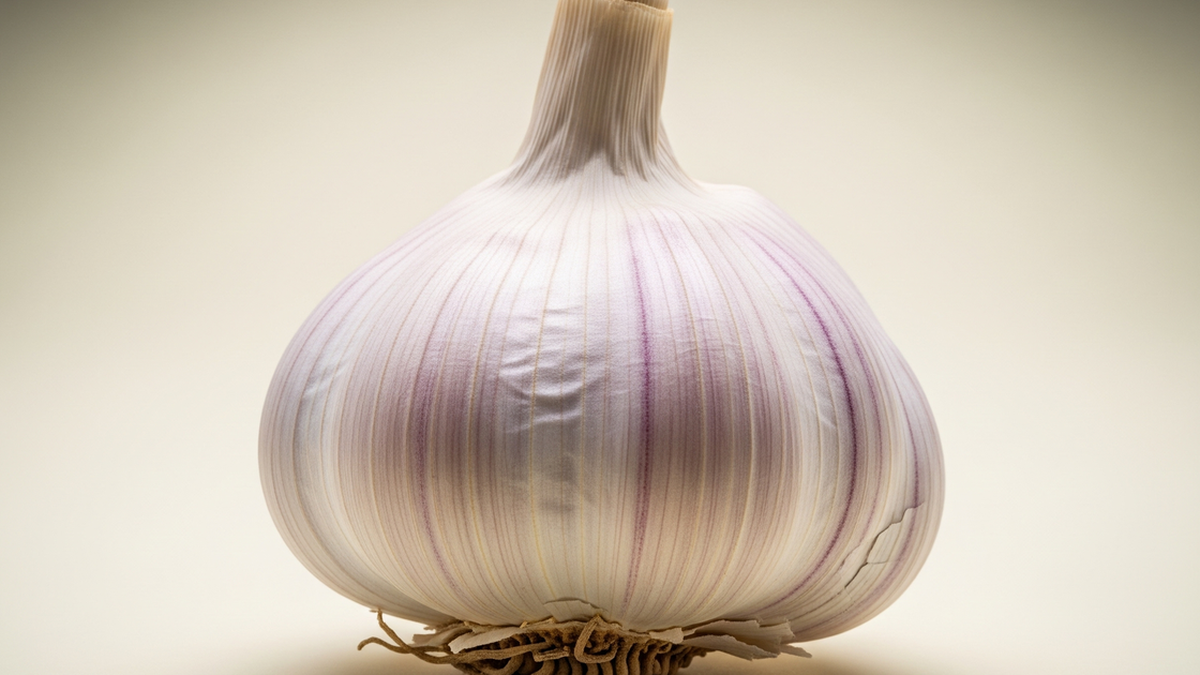

































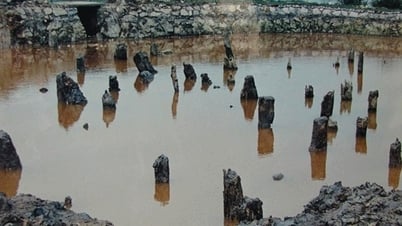






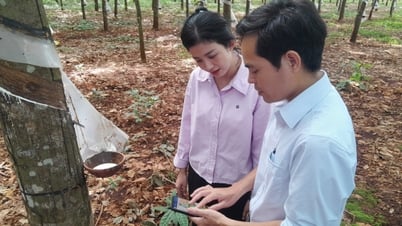

















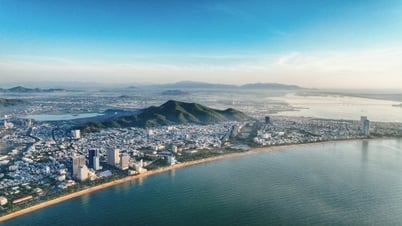








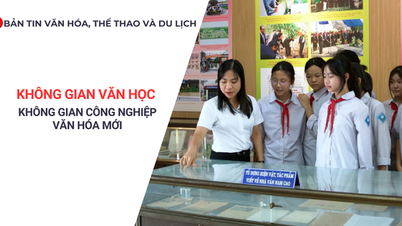

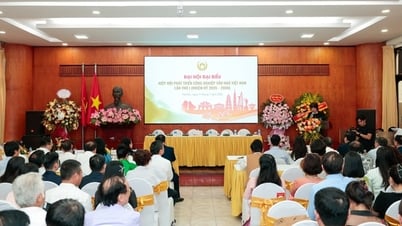






















Comment (0)